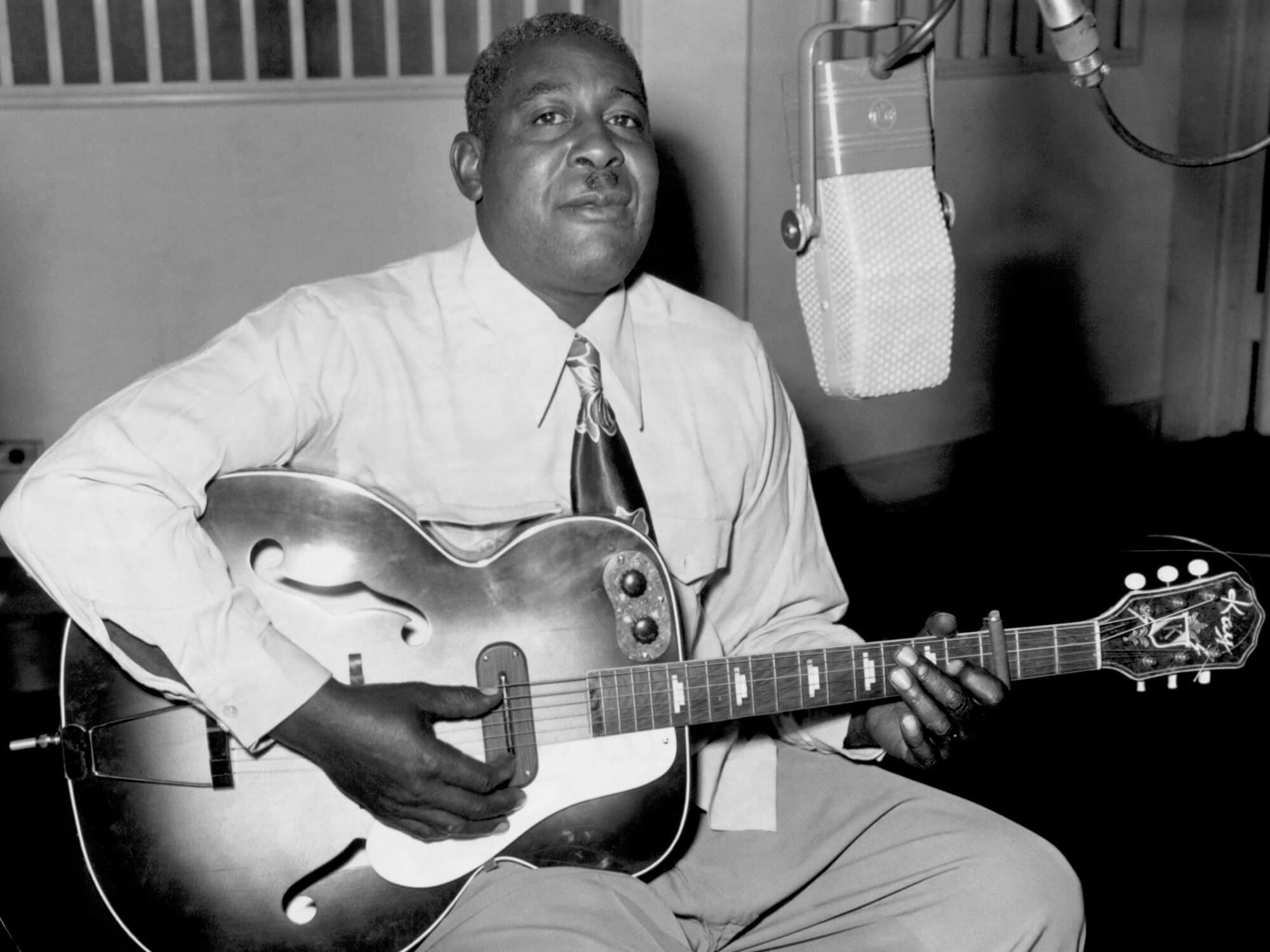California reparations panel describes historic theft of Black art and culture: “The songwriters whose work [Presley] appropriated were not even paid”
The shocking report states that the federal government historically deprived Black American artists and innovators of intellectual property rights and protections

Images: Michael Ochs Archives / Getty
An interim report from California’s Reparations Task Force has revealed historic theft of Black art and culture, singling out Elvis Presley’s appropriation the work of Black musician Arthur Crudup.
The report has nearly 600 pages overall with a chapter dedicated to revealing the severe discrimination rampant in California since the state’s founding in 1850. As well as detailing the injustice present in the history of America’s arts and entertainment, the report states that the injustice compounded over generations, “resulting in the current wealth gap between Black and white Americans.”
The report states, “Throughout American history, the federal government historically deprived Black American artists and innovators of intellectual property rights, copyright protections, and patent protections resulting in intellectual and cultural theft and exploitation.”

It makes further shocking statements, pointing to Elvis Presley, who cited Black blues artist, Arthur Crudup, as a key influence in his work: “Elvis Presley imitated Black blues and R&B singers, and due to exploitative contracts, the original song creators whose work he appropriated were not even paid for the use of their music.” The report continues to speak of how one of Presley’s hit songs, That’s All Right Mama, was originally written and recorded by Crudup, and that he “was paid so little for his recordings that he had to work as a labourer selling sweet potatoes.”
Professor Kevin Greene, who provided testimony to the task force last year spoke to Rolling Stone, where he gave his opinion on the report: “One thing that people object to with reparations is this idea that, ‘My ancestors were slaveholders; I had nothing to do with this,’” He stated. “In the music space, that is a harder argument to make, because it’s an ongoing harm, rather than an ancient harm. Because copyright terms are so long, a lot of these works [that have never been properly credited to their originators] are still valuable. They’re still generating income.”
The interim report precedes a second, which will detail what a reparations plan will entail, and what it will cost. You can read the full report here.
